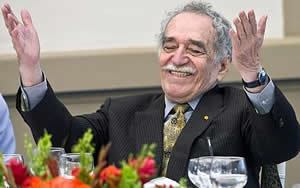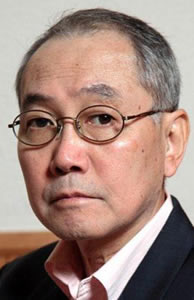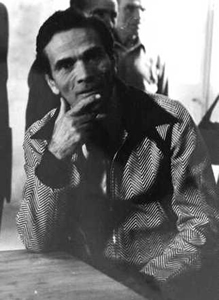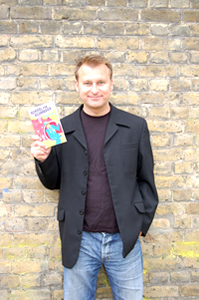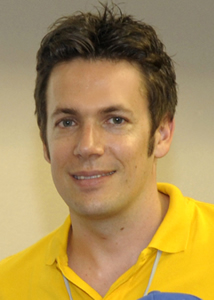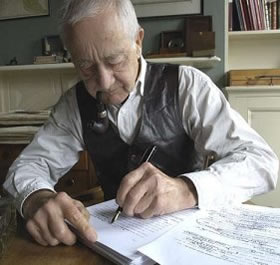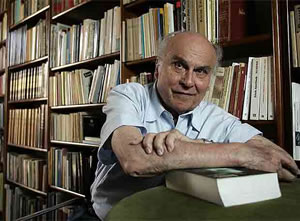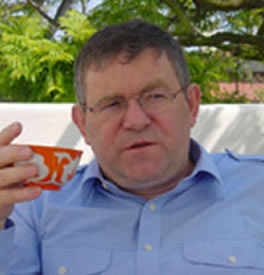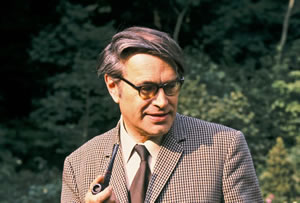De Duitse schrijver Reinhard Kaiser werd geboren op 7 maart 1950 in Viersen. Zie ook alle tags voor Reinhard Kaiser op dit blog.
Uit: Kindskopf
„Zuletzt übte er mit mir den schwersten Zungenbrecher von allen, einen witzig klingenden und doch sehr gewichtigen Satz aus der Welt der Forschung, des Ernstes und der Kunst, der, wie mir schien, auch auf das Löchergraben genau zutraf: »Der Zweck hat den Zweck, den Zweck zu bezwecken, und wenn der Zweck den Zweck nicht bezweckt, dann hat der Zweck keinen Zweck.« Weil ich diesen Satz aber nicht aufsagen konnte und weil Inge wahrscheinlich auch gar nicht begriffen hätte, wieso er eine gute Antwort auf ihre Frage war, verbiss ich mich noch tiefer in meine Arbeit und sagte nur: »Frag nicht so viel, mach lieber mit!« Worauf Inge, nun gar nicht mehr schnippisch, sondern nachdenklich, den Kopf schüttelte, so als hätte sie diese Möglichkeit inzwischen selbst schon erwogen, aber verworfen.
»Ich darf mich nicht schmutzig machen!«
Ich hielt das nicht für eine Ausrede.
Ich hielt es für die reine Wahrheit.
Es war das bedauernswerte Schicksal der Mädchen in ihren mit bunten Luftballons gemusterten Kleidern, dass sie sich nicht schmutzig machen durften. Und am Ende lief es darauf hinaus, dass sie alberne Sachen sagten wie »igitt« oder »i wo« oder »Leidenschaft«.
Das Spatenblatt klirrte, ich war auf etwas Hartes gestoßen. Ein Ziegelstein kam zum Vorschein, gleich darauf ein zweiter. Es knirschte und knarrte, als ich sie mit dem Spaten zwischen bröckligem Mörtel und kleineren Bruch- stücken von Mauersteinen hervorhebelte. Ich hatte die Schicht der schwarzen Gartenerde durchstoßen.
»Jetzt wird es spannend«, sagte ich zu Inge.“
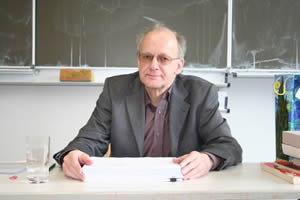
Lees verder “Reinhard Kaiser, Abe Kōbō, Manuel del Cabral, Jan Frederik Helmers”

